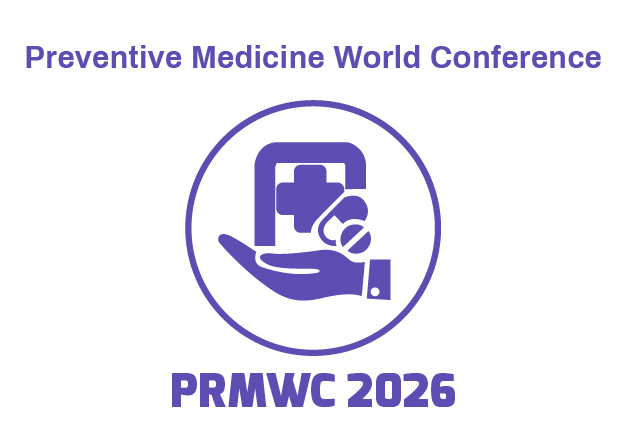Scientific Sessions
Occupational Medicine
Occupational medicine is a specialty area of preventive medicine that deals with preventing and treating physical and mental illnesses at the workplace. Occupational medicine practitioners provide specialized care, including medical services, medical equipment, prescribed drugs, and rehabilitation services within an organization or workplace.
Physicians and health practitioners evaluate the physical, chemical, social, and biological environment of the workplace, ensuring employees can work efficiently while maintaining their physical and mental health. Examples of occupational injuries include musculoskeletal injuries caused by repetitive motion, trauma, or overuse. Some workplaces also expose employees to infectious diseases and toxic chemicals, mandating the adoption of occupational medicine services.
Occupational Health and Safety (OHS) refers to the practices, policies, and procedures designed to protect workers' health, safety, and welfare in the workplace. This focuses on the prevention of occupational injuries, diseases, and accidents through hazard identification, implementation of safety measures, and development of health care. It also involves regulatory standards and ensuring compliance with a wide range of issues. The purpose is to create a safe and healthy workplace, improve productivity, and reduce healthcare costs for employers and employees.
The Preventive Medicine World Conference (PRMWC) provides a forum to discuss occupational health and safety advances. The conference highlights emerging trends in workplace wellness, risk management, and safety management and innovative solutions to address common occupational health challenges. Experts share strategies for protecting workers, preventing injuries, and improving the overall workplace through research, technology, and policy development.

